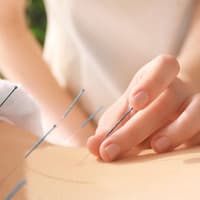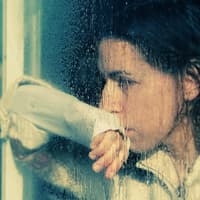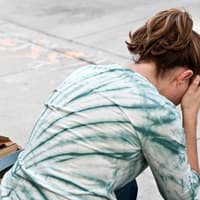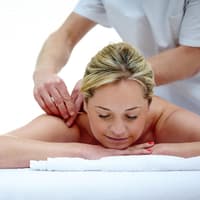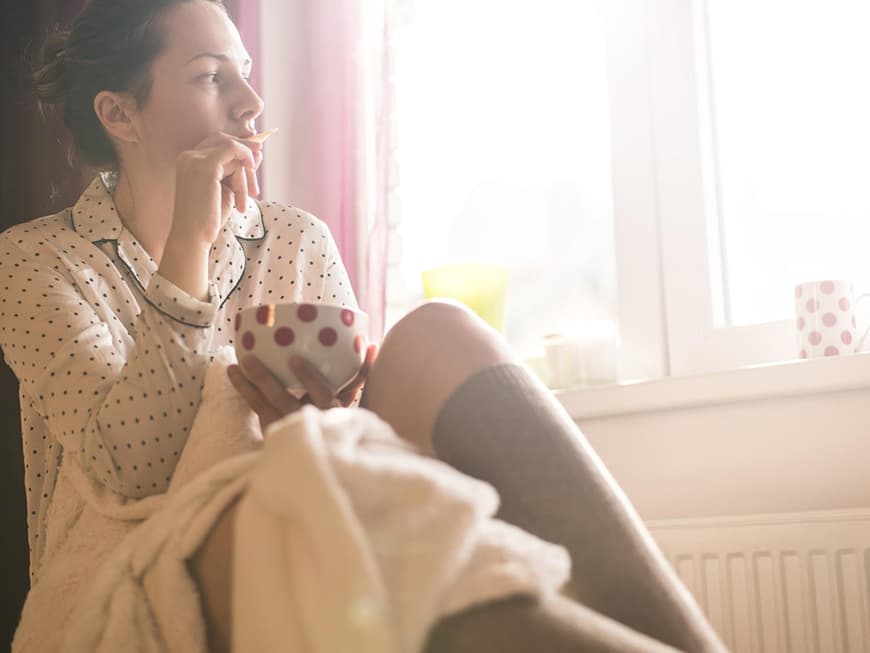
Many are depressed
Susanne is like many people in Germany. According to surveys, up to one in three people are depressed by the low-light months. As the days get longer and spring approaches, the low mood is over again. The temporary melancholy mood that many people feel when the first leaves fall and life becomes more introspective is part of life and has nothing to do with depression in the medical sense, according to Prof. Dr. Ulrich Hegerl, Chairman of the Board of the German Depression Aid Foundation(www.deutsche-depressionshilfe.de).
Autumn depression due to too little daylight
But why do so many people feel down in the fall? Our sense of well-being depends on daylight. If less of it reaches our eyes in the fall, our body produces more melatonin. This is the hormone that makes us feel sleepy in the evening. If we get too little daylight, we become tired and listless. But this is not yet depression.
Listlessness, a lack of pleasure and interest or a depressed mood, as well as physical disorders such as back or stomach pain, can actually indicate a depressive illness.
However, treatment is only required if these symptoms persist for at least two weeks. Anyone who develops such symptoms at least two years in a row and exclusively in the dark season may be suffering from seasonal affective disorder, a rather rare subtype of depression. Autumn depression differs from other forms of depression in two ways.
Autumn depression: its own symptoms
Prof. Hegerl: "In contrast to seasonal depression, those affected do not suffer from difficulty falling asleep or sleeping through the night, but have an increased tendency to sleep. Another distinguishing feature is appetite. Depressed people suffer from a lack of appetite and often lose weight. People suffering from seasonal affective disorder, on the other hand, are more hungry, especially for carbohydrate-rich foods such as sweets."
Autumn depression: tips for the dark season
Autumn de pression - what to do? Light therapy is often helpful, explains the expert. You don't necessarily need special light lamps for this. A long walk outside every day is sufficient. Even on dull days, the amount of light outside is similar to that of a therapy lamp. Light ensures that our body boosts serotonin production. This hormone keeps us awake and alert. However, light therapy is usually not enough for severe autumn/winter depression. "Additional medication and possibly psychotherapeutic treatment is then usually necessary," explains Prof. Hegerl.
And if you don't really have autumn depression, but are often depressed at this time of year - what can you do? Here too, Prof. Hegerl has advice: "It's good to exercise regularly, ideally in the fresh air, even in the darker months of the year. It is also important to maintain social contacts and not withdraw too much. Simply looking after yourself a little, doing pleasant things and consciously doing something good for yourself, as well as not sleeping too late, is certainly a tried and tested 'recipe' for getting through these months in a good mood."


